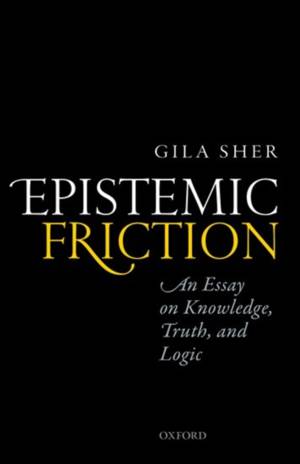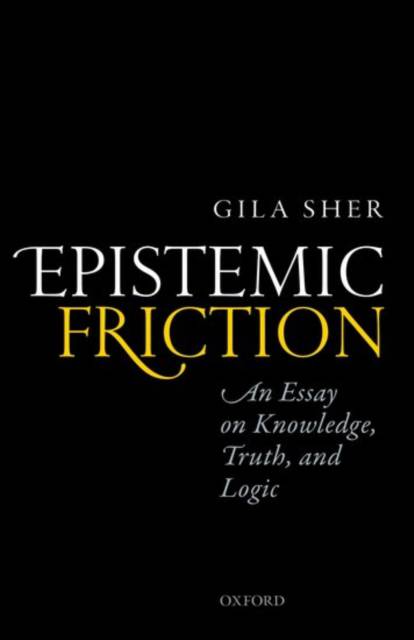
- Afhalen na 1 uur in een winkel met voorraad
- Gratis thuislevering in België vanaf € 30
- Ruim aanbod met 7 miljoen producten
- Afhalen na 1 uur in een winkel met voorraad
- Gratis thuislevering in België vanaf € 30
- Ruim aanbod met 7 miljoen producten
Zoeken
€ 169,45
+ 338 punten
Uitvoering
Omschrijving
Gila Sher approaches knowledge from the perspective of the basic human epistemic situation-the situation of limited yet resourceful beings, living in a complex world and aspiring to know it in its full complexity. What principles should guide them? Two fundamental principles of knowledge are epistemic friction and freedom. Knowledge must be substantially constrained by the world (friction), but without active participation of the knower in accessing the world (freedom) theoretical knowledge is impossible. This requires a grounding of all knowledge, empirical and abstract, in both mind and world, but the fall of traditional foundationalism has led many to doubt the viability of this 'classical' project. Sher challenges this skepticism, charting a new foundational methodology, foundational holism, that differs from others in being holistic, world-oriented, and universal (i.e., applicable to all fields of knowledge). Using this methodology, Epistemic Friction develops an integrated theory of knowledge, truth, and logic. This includes (i) a dynamic model of knowledge, incorporating some of Quine's revolutionary ideas while rejecting his narrow empiricism, (ii) a substantivist, non-traditional correspondence theory of truth, and (iii) an outline of a joint grounding of logic in mind and world. The model of knowledge subjects all disciplines to demanding norms of both veridicality and conceptualization. The correspondence theory is robust and universal yet not simplistic or naive, admitting diverse forms of correspondence. Logic's grounding in the world brings it in line with other disciplines while preserving, and explaining, its strong formality, necessity, generality, and normativity.
Specificaties
Betrokkenen
- Auteur(s):
- Uitgeverij:
Inhoud
- Aantal bladzijden:
- 390
- Taal:
- Engels
Eigenschappen
- Productcode (EAN):
- 9780198768685
- Verschijningsdatum:
- 9/08/2016
- Uitvoering:
- Hardcover
- Formaat:
- Genaaid
- Afmetingen:
- 160 mm x 236 mm
- Gewicht:
- 703 g

Alleen bij Standaard Boekhandel
+ 338 punten op je klantenkaart van Standaard Boekhandel
Beoordelingen
We publiceren alleen reviews die voldoen aan de voorwaarden voor reviews. Bekijk onze voorwaarden voor reviews.











